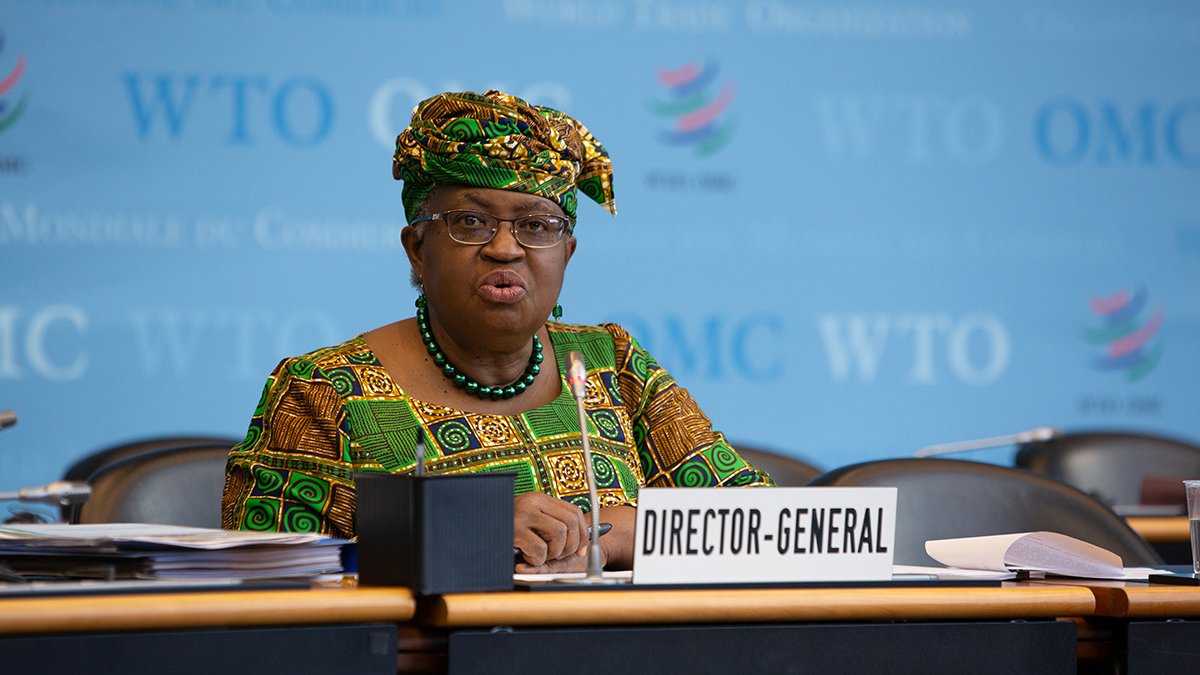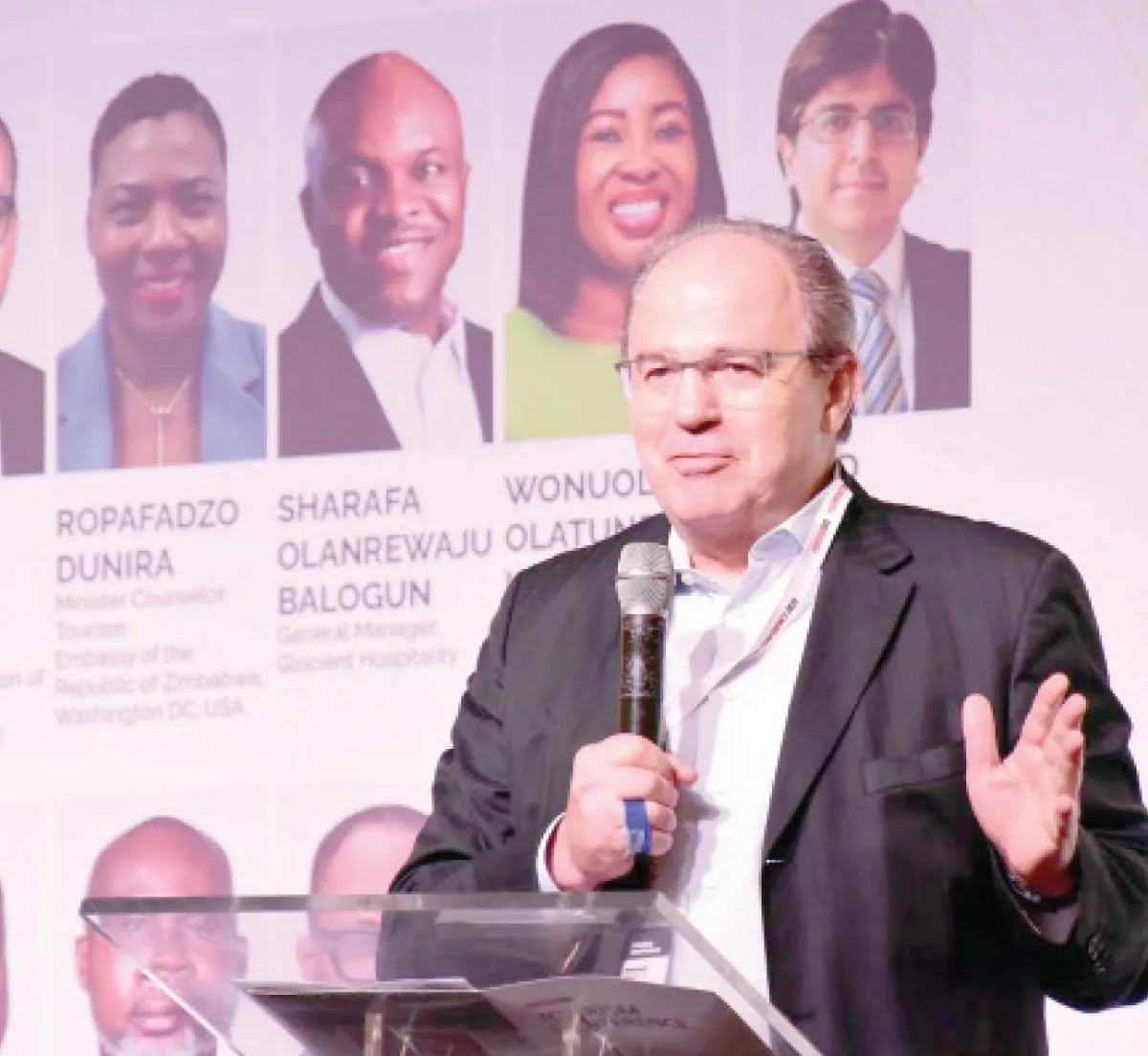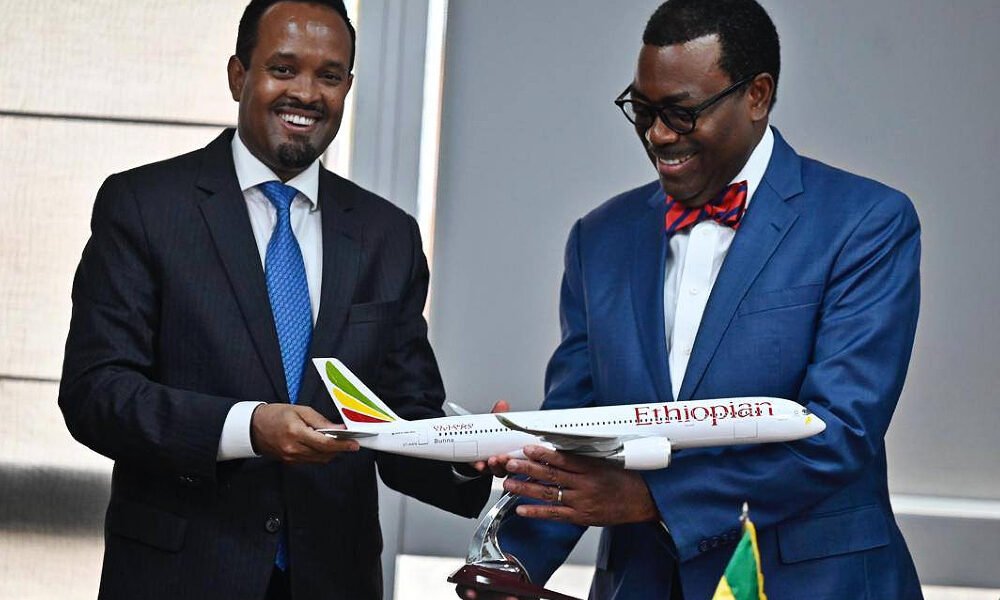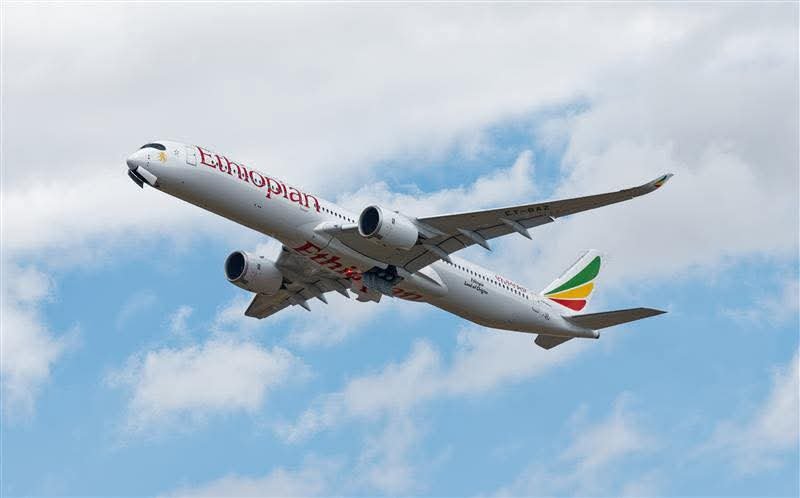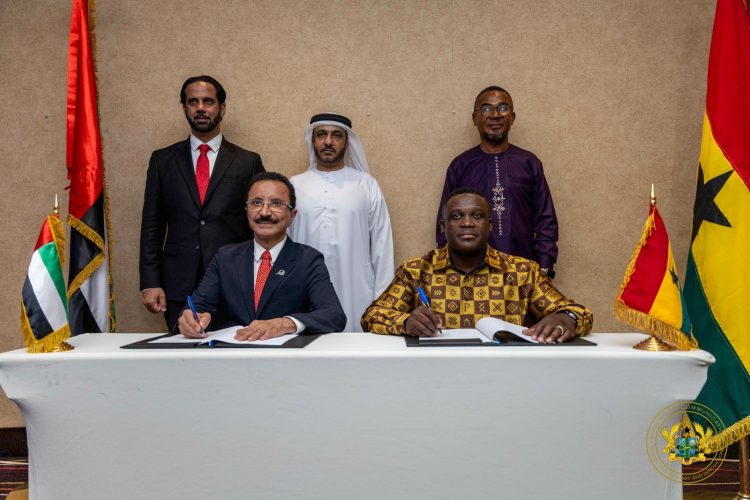
In a historic move set to transform Africa’s digital future, the governments of Ghana and the United Arab Emirates (UAE) have signed a landmark $1 billion bilateral agreement to build the continent’s largest Artificial Intell igence (AI) and technology hub.
The strategic deal was unveiled during a high-profile summit held in Accra, drawing key stakeholders from both nations, including government officials, business leaders, and tech innovators.
This milestone agreement, the first of its kind in West Africa at such a scale, is projected to position Ghana as a central hub for technological innovation and digital entrepreneurship on the African continent. It comes at a time when global powers are increasingly investing in emerging markets to secure a foothold in the next generation of technological breakthroughs.
A Vision for the Future
The Ghana-UAE AI and Tech Hub will be situated in Accra’s emerging Innovation City zone, encompassing over 120 hectares of prime urban land. According to officials, the mega project will include state-of-the-art AI research laboratories, digital training institutes, high-capacity data centers, incubation hubs for startups, and a robust infrastructure for next-generation connectivity including 6G trials.
Speaking at the ceremony, Ghana’s President Nana Addo Dankwa Akufo-Addo described the partnership as a transformative leap for the country’s economy and Africa’s digital sovereignty.
“This is more than an investment; it is a commitment to innovation, capacity building, and economic resilience,” the President said. “Ghana is proud to lead Africa into a future powered by artificial intelligence, advanced research, and world-class technological education.”
Strategic Benefits for Ghana and the Continent
The hub is expected to create over 50,000 direct and indirect jobs during its construction and operational phases. Sectors such as fintech, agri-tech, healthtech, cybersecurity, and robotics will be key beneficiaries, with provisions for partnerships between African and global tech giants.
For the UAE, the agreement reflects its expanding soft power and commitment to building strategic partnerships across Africa. Sheikh Ahmed Al Jaber, UAE Minister of Industry and Advanced Technology, emphasized the importance of the collaboration.
“Africa holds vast untapped potential in talent, innovation, and resources. We see Ghana as a stable gateway to this future. This partnership will foster knowledge exchange and build global bridges through technology,” Al Jaber stated.
Funding and Timeline
The $1 billion investment will be provided through a combination of UAE sovereign wealth funds, Ghanaian public-private partnerships, and strategic international investors. Construction of the hub is slated to begin in early 2026, with full operational rollout expected by 2030.
Phase one will focus on the development of infrastructure, including power supply, smart buildings, and digital connectivity. Phase two will establish the AI research and training components in partnership with international institutions including MIT, Khalifa University, and the African Institute for Mathematical Sciences (AIMS).
A Catalyst for Regional Integration
Experts say the tech hub will not only serve Ghana but also act as a regional nexus for AI-driven research and development in West Africa. It is expected to attract talent and investment from across the Economic Community of West African States (ECOWAS) and beyond.
According to Professor Abena Asare from the University of Ghana’s Department of Computer Science, “This is the dawn of a new era. The ripple effects of this initiative will be felt across the continent in education, job creation, and innovation ecosystems.”
She added that the integration of AI in sectors like agriculture, transportation, and public health could significantly improve Africa’s resilience to climate change, epidemics, and food insecurity.
Challenges and Caution
Despite the optimism, some analysts have warned that successful implementation will depend on strong governance, data regulation, and the protection of digital rights.
Kwesi Atta-Krah, a digital policy analyst based in Accra, noted: “Massive foreign investments in AI must be accompanied by robust frameworks to safeguard national interests, data ownership, and inclusivity.”
He urged the Ghanaian government to ensure transparency in contract execution, and to prioritize inclusion of local talent and universities in project planning and execution.
Global Reactions and Next Steps
The African Union Commission welcomed the Ghana-UAE deal, describing it as aligned with the AU’s Digital Transformation Strategy 2020–2030. The Commission urged other member states to pursue similar partnerships that elevate Africa’s position in the global knowledge economy.
Meanwhile, tech entrepreneurs and startup founders across Africa expressed excitement over the potential access to world-class infrastructure and funding that the hub could unlock.
Finalizing the deal, both governments signed a Memorandum of Strategic Collaboration, outlining a joint task force to oversee project implementation, with representation from ministries of science and technology, finance, trade, and higher education.
Conclusion
The Ghana-UAE $1 billion AI and tech hub agreement marks a bold step into Africa’s digital future. It signals the increasing recognition of Africa not only as a consumer of technology but as a creator of it. If executed with transparency, inclusivity, and vision, the hub could catalyze a wave of innovation that places the continent on the global tech map for decades to come.


